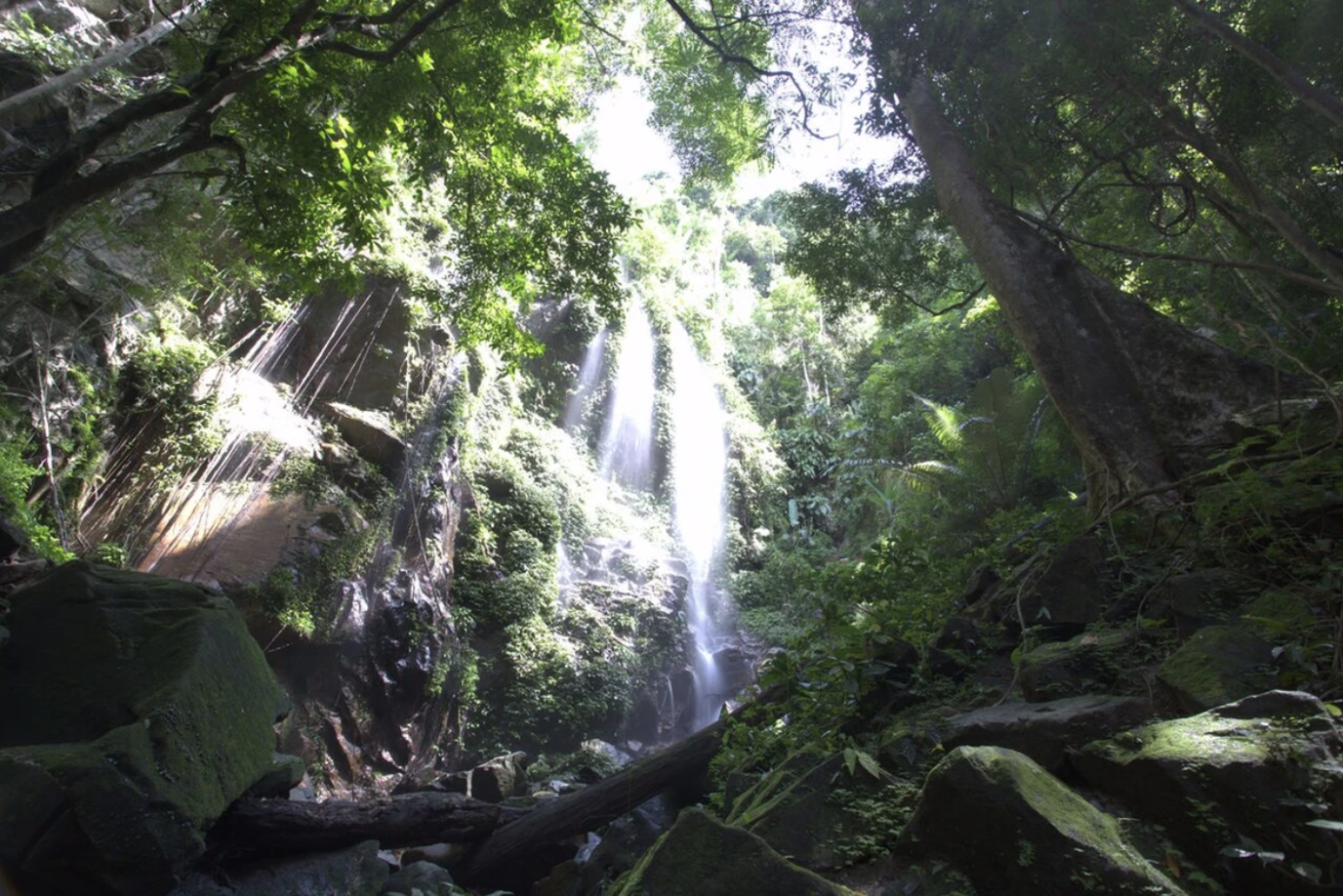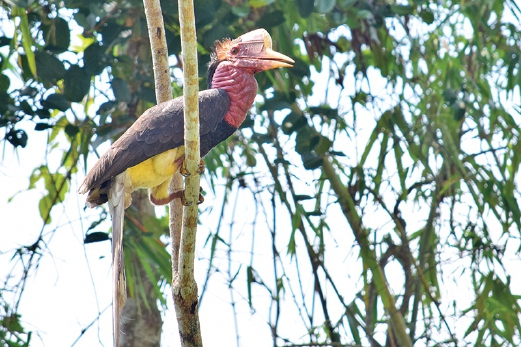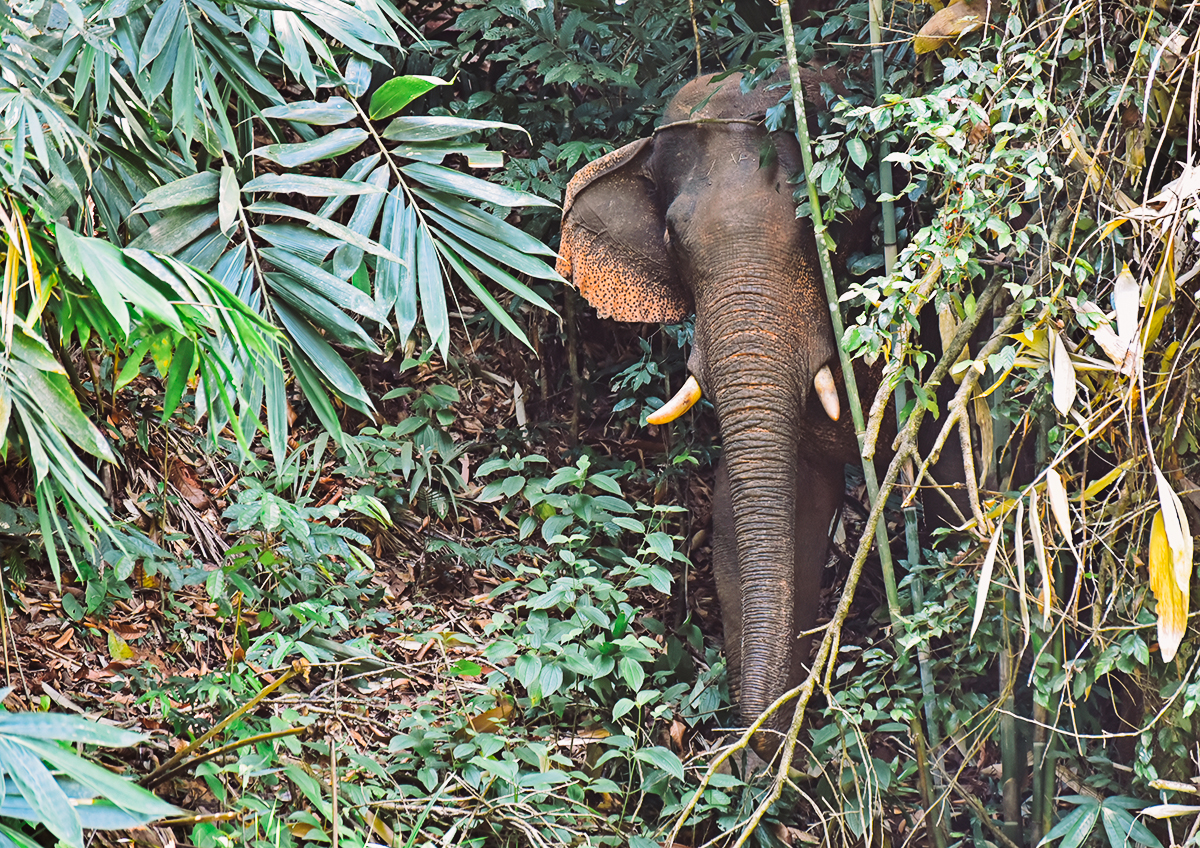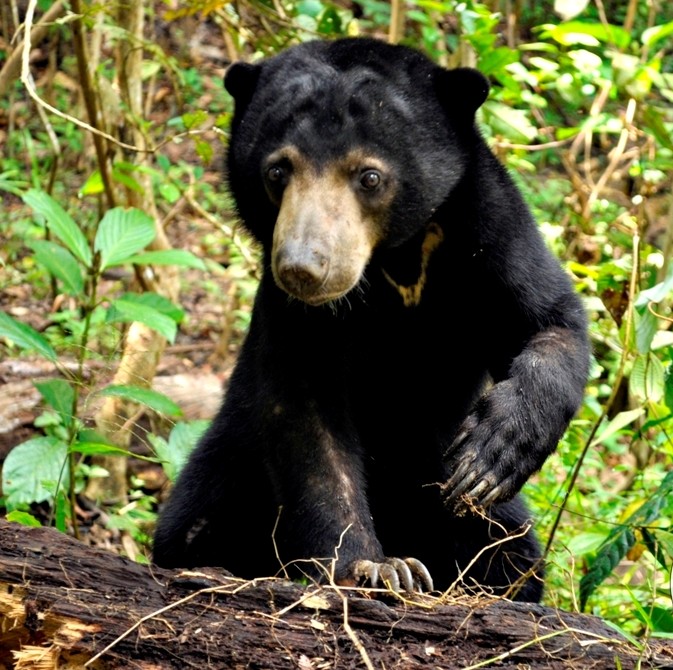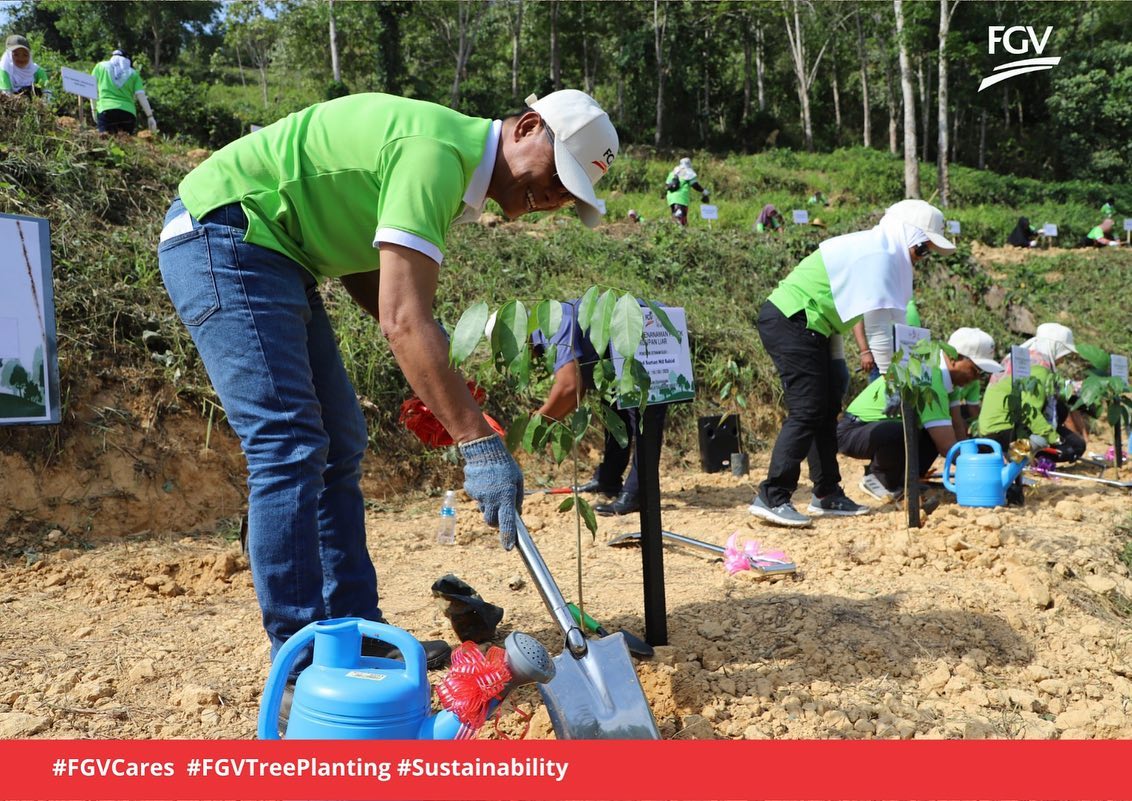This M'sian Company Plants Trees And Helps Wildlife In A Forest Over 130 Million Years Old
It participates in reforestation and sustainability efforts in the forest complex, while promoting the conservation of endangered wildlife such as the Malayan Sun Bear and more.
Did you know that the Belum-Temengor forest complex is the largest of its kind in Peninsular Malaysia?
Located in Hulu Perak, crossing into Southern Thailand, the land occupied by the Belum-Temengor forest reserve is an important and massive eco region.
Since it shares a Thai border with the smaller Bang Lang National Park and Hala-Bala Wildlife Sanctuary, the whole area is considered as one of Asia's largest biodiversity hotspots.
And, believed to have been in existence for more than 130 million years, it is also one of the world's oldest rainforests — older than South America's Amazon Jungle, which has existed for about 55 million years.
The Belum-Temengor forest complex is not only home to indigenous people who have been living in the forest for millennia, but also incredible biological diversity, wildlife, and dense vegetation.
Yet, today, it continues to face threats such as deforestation and more.
This is why companies, such as FGV Holdings Berhad (FGV), are taking charge of sustainability efforts to play a bigger part in conserving Belum-Temengor.
As Malaysia's premier food and agribusiness company, FGV is dedicated towards sustainable palm oil production, and embeds this ethos into its policies implemented throughout the group.
FGV prioritises its efforts and resources in protecting the ecosystem and conserving biodiversity, especially since many of its plantations are in close proximity to natural forest reserves, including Belum-Temengor.
Companies like FGV are hoping to make a positive change by putting sustainability and exemplary governance first.
With seedlings sourced from local Orang Asli-owned nurseries, its most recent efforts include planting about 2,000 trees (as a start) from more than 20 mixed species of indigenous and wild fruit trees in the Belum-Temengor forest complex.
It's worth mentioning that new developments by FGV do not encroach into environmentally sensitive areas with high biodiversity value (HBV) and high conservation value (HCV).
Wherever possible, the company plants beneficial flora to attract natural predators of insect pests in its plantations, and plans to plant more trees in phases in areas with HCV.
Pledging to carry out continuous conservation initiatives, it has conducted HBV and HCV assessments in plantations situated near natural and forest reserves, as well as wildlife protection areas to maintain and enhance identified values.
One area identified by FGV is part of the migration route for hornbills, recognised as an Important Bird Area (IBA)
Pictured is the Helmeted Hornbill, which counts Belum-Temengor as one of its migration routes.
Image via New Straits TimesOnce filled with flocks of hornbills, conservation of the area is vital for the livelihood of the birds.
In 2016, the New Straits Times not only reported the alarming decline in the number of the species, but also the reclassification of the Helmeted Hornbill from Near Threatened to Critically Endangered.
FGV's move in planting more trees in the rich biodiversity hotspot intends to be a good first step in rehabilitating the number of hornbills in Belum-Temengor. And, that's not all.
The identified area also holds hope in providing sanctuary for endangered species such as the Malayan Tiger, Malayan Sun bear, Malayan Tapir, Asian Elephants, and many more
To ensure their survival, FGV has guidelines in place for managing potential human-wildlife conflict in and around some of its plantations.
FGV monitors and creates awareness among its workers and nearby communities of the wildlife in the area. This includes prohibition of any illegal hunting of wildlife in the plantations, except where special privileges for local communities are granted by the authorities.
The scope of these guidelines are aligned with Malaysian Sustainable Palm Oil (MSPO) and Roundtable on Sustainable Palm Oil (RSPO) requirements.
The bulk of FGV's conservation projects involves the rescue, rehabilitation, and release of injured or displaced Malayan Sun Bears, Gibbons, and Pangolins
One of FGV's conservation projects involves the rescue, rehabilitation, and release of injured or displaced Malayan Sun Bears, Gibbons, and Pangolins — implemented in partnership with the Malaysian Nature Society, the Department of Wildlife and National Parks Peninsular Malaysia, and National University of Malaysia (UKM).
Under its 3R Program (Rescue, Rehabilitate, Rehome), FGV has rescued 78 Sun Bears from conflict areas and successfully released 52 rehabilitated bears back to the wild in their natural habitat. FGV recorded the highest number of rescued Sun Bears in the world under the 3R Program.
FGV is also sharing its knowledge and expertise on the matter with conservation centres, zoos, universities, NGOs, scientists, and researchers via the company's various publications such as Guidelines in Managing Sun Bears in Captivity, Guidelines on Conflict Management for Sun Bears, and the Malayan Sun Bear Conservation Action Plan.
At the end of the day, FGV believes that sustainability efforts can help create a better future for our planet and generations to come
FGV is one of the largest producers of crude palm oil in the world, which is why it takes sustainability efforts seriously.
With over 450,000 hectares of oil palm plantations across Malaysia and Indonesia, the company is dedicated to sustainable palm oil production and is a member of RSPO.
Besides conservation and sustainability efforts, FGV has also collaborated with Yayasan Didik Negara's Program Eksplorasi Alam, aimed at instilling awareness and an understanding of environmental sustainability in primary schoolchildren.
The programme took place in several locations, including Zoo Negara, Paya Indah Wetlands, Wildlife Conservation Centre, National Elephant Conservation Centre, and Tanjung Piai National Park. Approximately 500 students from 26 schools participated in this programme.

